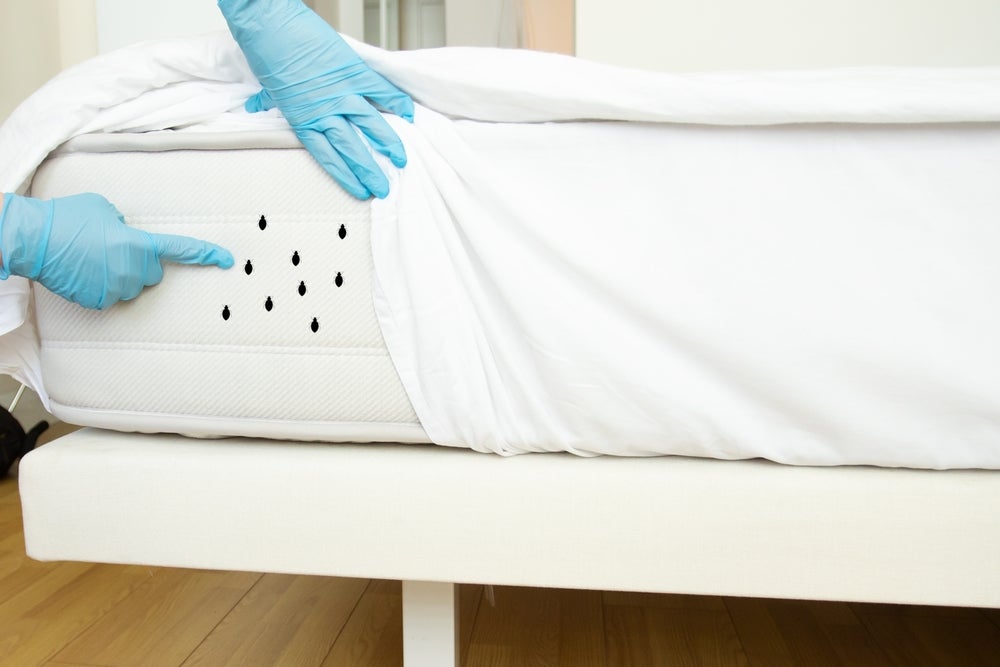
If there’s one thing that is guaranteed to produce scathing reviews from hotel guests – it’s bed bugs.
Not only does an infestation make an otherwise clean hotel seem dirty – it can also lead to legal troubles if a guest sues after being bitten.

Discover B2B Marketing That Performs
Combine business intelligence and editorial excellence to reach engaged professionals across 36 leading media platforms.
The insects tend to be red to dark brown in colour. They are mostly nocturnal as they come out of hiding to drink blood from sleeping humans.
Typically, bed bugs are transported by travellers in warmer seasons, as the insects can fit in the seams and folds of luggage, overnight bags or folded clothes before they settle down in hotel beds, surviving for months on end.
An adult female can lay around 400 eggs in her short lifespan, which then take around two weeks to incubate.
Gaining a reputation for hosting bed bugs can cause huge dips in revenue in the vital summer seasons, making pest management a key issue for the global hotel industry.

US Tariffs are shifting - will you react or anticipate?
Don’t let policy changes catch you off guard. Stay proactive with real-time data and expert analysis.
By GlobalDataBed bugs are global travellers
In 2023, Paris became known as the centre of the bed bug epidemic, but the issue is a global one.
In the US, Chicago has been exposed as the worst city for bed bugs for the fourth year in a row in a top 50 list. The windy city is followed by New York and Philadelphia.
In the UK, pest control company Rentokil said it saw a 65% jump in cases of bedbugs in the second quarter of 2023.
UKHospitality chief executive Kate Nicholls told the BBC that the sector has “robust cleaning and hygiene processes” in place, but it’s understandable for hotel guests to remain wary.
Hotel technologies vs bed bugs
Entomologist Ben Hottel from pest control company Orkin advises that hotels should “Involve a trained professional at the [first] sight of a bed bug introduction.”
Spraying insecticide can be pricey, on top of the loss of revenue from evacuating rooms for the inspections, but the longer-term costs make it necessary.
Monitoring technology can also help hoteliers. Technologies such as Spotta – a small plastic box that contains a pheromone [chemical] designed to attract bedbugs and can sit between mattresses and bedframe – claim to offer solutions.
Artificial intelligence software can confirm if a bed bug has been caught, triggering a mobile alert to hotel managers.
Another in-demand detection method comes from software company Valpas. It has designed a digitally connected bug trap and signed deals with major luxury hotels.
As bed bugs don’t discriminate based on size or star ratings of hotels, it’s important for all hotel businesses to invest in physical and digital preventative measures.





